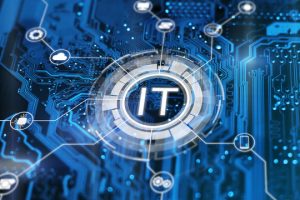Technology

Accessing Ahrefs, Semrush, and Moz on a Shoestring: Inside SEO Group Buy Tool Bundles
If you have ever priced out a full stack of SEO software, you know how quickly the costs add up.…
How Private Instagram Viewer Works
In the age of social media, privacy has become a significant concern for many users. Instagram, one of the most…

Step-by-Step Guide to Viewing Instagram Profiles with Gwaa
Instagram is a popular social media platform that allows users to share photos, videos and stories with their followers. However,…

How AI is Revolutionizing the Legal Industry
Artificial Intelligence (AI) is rapidly transforming various sectors, and the legal industry is not an exception. The integration of AI…

WhatsApp Business API Pricing for Small Businesses: Is It Feasible?
WhatsApp Business API has become a popular tool among small businesses for its wide range of features that facilitate communication…

Embracing the Future Technology and AI Integration
As we chehalisrent.com move further into the 21st century, it is becoming increasingly clear that the future of technology lies…

Harnessing Intelligence Technology and AI Solutions
Harnessing newmovementdjs.com intelligence technology dmtinsitute.com and AI solutions is increasingly becoming essential for businesses, governments, and individuals. The rapid advancements…

Pioneering Progress Technology and AI Advancements
The world of technology is in a constant state of evolution, with lynnwoodrent.com each passing getthreadycustomclothing.com day bringing new advancements…

Beyond Boundaries Exploring Technology and AI Frontiers
Technology has always been a catalyst for change, pushing the boundaries of what is possible and transforming our lives in…

The Rise of Artificial Intelligence Technology’s New Era
Artificial Intelligence (AI) technology has bazbat.com experienced a meteoric rise in the last few years, ushering in herbaldoctorremedies.com a new…
